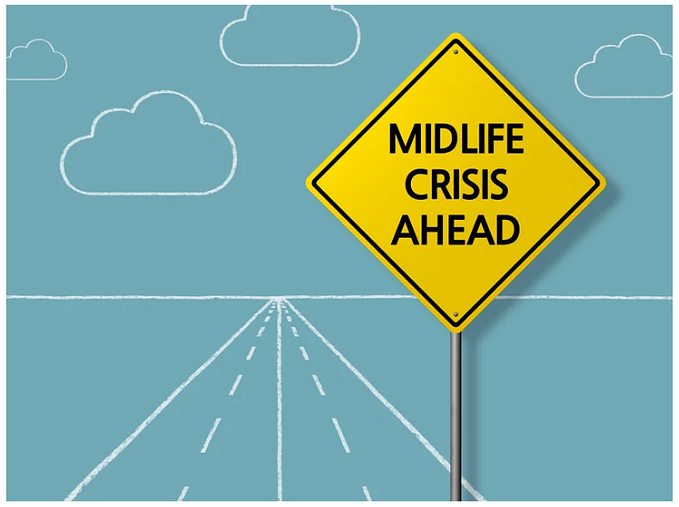Member-only story
You’re Not Staring at Yourself on Zoom, You’re Judging Yourself
How that little image of your face on video chat harms your self-image through ‘self-objectification’

I’ve never looked at myself as frequently as I do these days. Before the pandemic turned me into a remote worker, I’d see my own image a few times a day — while getting ready in the morning, in the bathroom mirror, or maybe in the occasional selfie. I’m a college professor, so my job has always involved an element of performance. But teaching on Zoom, I’m not just on stage: I’m also in the audience. Inside a rectangle alongside everyone else, I’ve found myself wondering daily: Is that what I really look like?
In my own case, and those of many whose work has moved online this year, there is a certain horror that comes from seeing one’s own expressions while speaking. My vision of my competent self simply doesn’t match up with my facial contortions on camera. It’s not just that I don’t recognize what I see — it’s that I don’t like it.
Not everyone has the relative luxury of using video technology to work and socialize during this time. But for those of us who do, the prevalence of seeing our own images speaks to a broader issue with our increasingly digital culture. Well before the pandemic, access to smartphones and social media brought about a “selfie culture” of unprecedented focus on our own faces. And, while body-positivity activists tout potential positive effects of posting selfies, research increasingly draws attention to their negative effects on self-esteem and well-being.
There’s also something unsettling in the way that platforms such as Zoom and FaceTime focus on, well, your face. Although I’m not complaining about teaching in my slippers, the facial focus means an increasing reliance on the sense of vision. We recognize our own faces through primarily visual cues, but recognize our bodies through multisensory integration. When so much of our day is spent staring at our own faces, we become detached…








